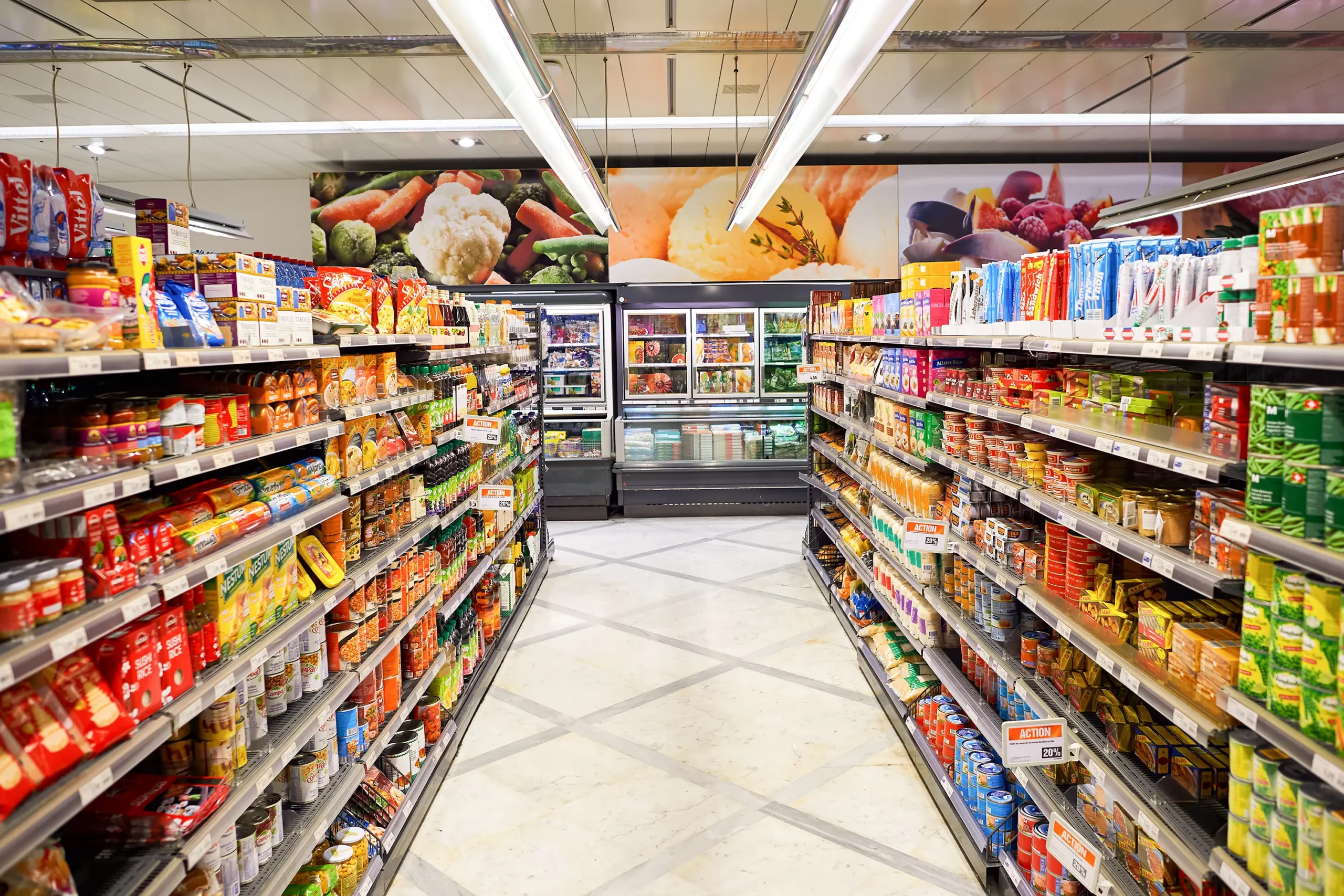A bill has been introduced in Parliament seeking to empower the Cabinet Secretary of Treasury to set maximum and minimum price limits for essential foodstuffs and pharmaceutical products, making them more affordable for low-income households.
The Price Control (Essential Goods) (Amendment) Bill 2024 proposes that the CS Treasury can declare price caps for maize, wheat, rice, cooking fat, sugar, and pharmaceutical drugs through a gazette notice.
These price caps would be implemented during specific periods to help alleviate the cost of living for ordinary citizens.
The Ministry will establish a Price Control Unit to monitor producers’ compliance with the set price limits. This unit, headed by the Director of Price Control, will work with other government agencies to enforce the policy and advise the Cabinet Secretary on cost and market considerations for pricing.
“The objective of this act is to stabilize prices of essential goods to ensure that the cost of living remains manageable for the public and to prevent sudden variations in the price of essential goods,” states a section of the bill.
The bill also aims to prevent monopolies from exploiting scarcity to increase profit margins. By controlling the prices of essential goods, the Ministry intends to curb inflation.
The latest KNBS survey, detailing July inflation figures, showed that prices of cooking gas, cooking oil, and cabbages increased despite overall inflation easing by 4.3%. Conversely, prices of other commodities like tomatoes, onions, wheat, and maize flour decreased.
The drafting of this amendment bill may have been prompted by recent protests highlighting concerns about the high cost of living.
Raging Concerns
In free-market economies like Kenya, price controls are often debated. Although the intention behind price controls is noble, their implementation and effects can be problematic.
Critics argue that government-imposed price caps or floors, rather than allowing supply and demand to dictate prices, can lead to commodity scarcity, reduced product quality, and opportunities for corruption and black markets. Additionally, price controls can be used for political gain.

While ordinary citizens often view prices as profit pursuits, global economic factors and rising local costs, such as macroeconomic policy decisions and increased taxes, contribute to price hikes. Interfering with producers’ rights to set prices could distort the market for essential goods, exacerbating issues.
In Kenya, the Price Controls Act was signed into law in 2011 by President Mwai Kibaki, primarily for fuel. In 2017, the Treasury imposed caps on maize flour prices to prevent further increases. This resulted in widespread scarcity and fierce competition among consumers for available stock.







More Stories
EACC Arrests Five Traffic Police Officers in Kisumu–Busia Highway Bribery Crackdown
KRA Officer Arraigned for Allegedly Receiving KES 500,000 Bribe
Anti-Counterfeit Authority Board Chair Gichunge Kabeabea Charged with Bribery